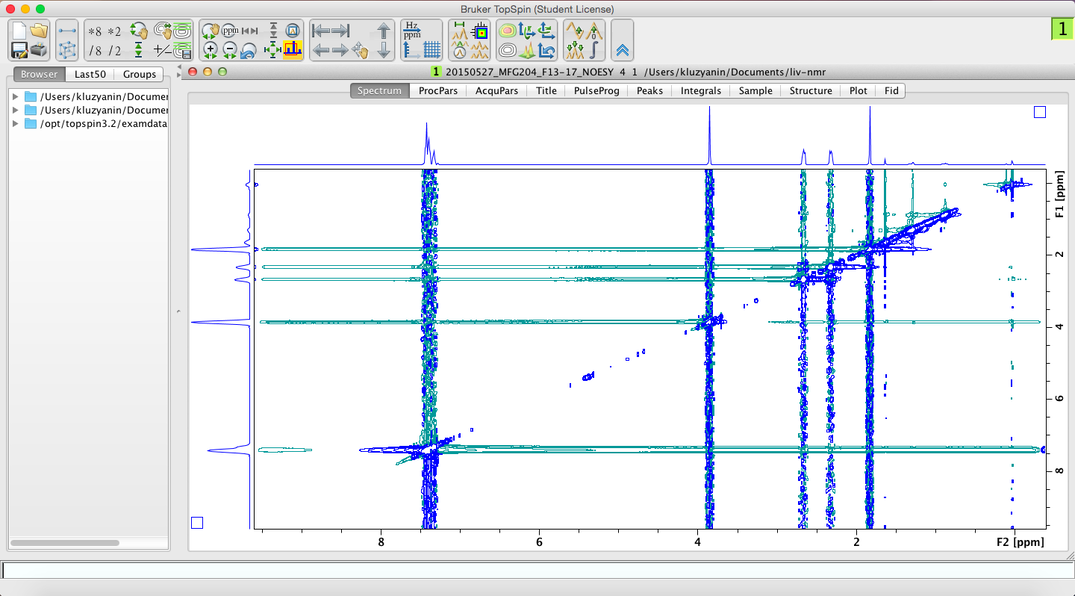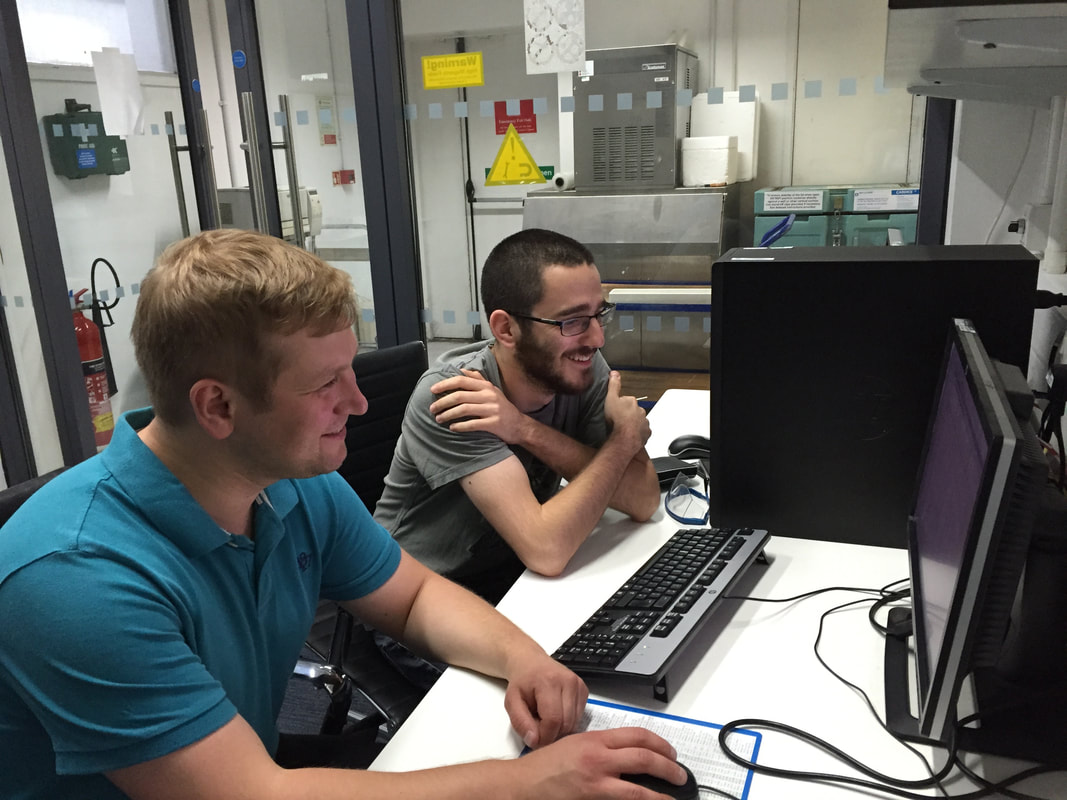CHMR430 - Advanced Spectroscopic Elucidation for Organic Chemists (year 1-PhD)
|
Module staff:
Dr. Konstantin Luzyanin (module leader) This module is strategically connected with elements of the Curriculum 2021 framework encompassing: Research-connected teaching (feeds current research into the syllabus, see my research group webpage above) Active learning (collaborative and reflective activities to help students to construct knowledge and build independence) Authentic assessment (assess students using tasks that mirror those they might undertake as professionals) |
Module aims
This module is intended for post-graduate (PhD) students from chemistry and related sciences. The main aims are to provide the students with an in-depth knowledge of modern spectroscopic and spectrometric techniques in the context of the structural elucidation of small organic/organometallic compounds. Both theoretical (knowledge and understanding of techniques) and practical (application of techniques and hands-on operation of equipment as a part of self-learning activities) skills are developed. Learning outcomes Having successfully completed this module students will be able to: 1) Apply the principles of structural elucidation for identification and characterization of organic/organometallic compounds; 2) Demonstrate awareness of the theoretical concepts and applications of NMR spectroscopy, mass-spectrometry (MS), chromatography (GC/HPLC), and hyphenated techniques GC/HPLC-MS in the context of structural elucidation of small organic/organometallic molecules; 3) Interpret 1D and 2D NMR spectra, MS and IR spectra; 4) To confirm structural assignments by combining various analytical techniques in the structure elucidation routine. Skills Having successfully completed this module students will acquire the following skills: 1) Interpretation of different types of spectra; 2) Improved confidence in scientific communication and presentation of data. |
|
Format of Delivery and Assessment
Delivery:
32 h lectures, 4x2h classwork seminars, 6x1 h hands-on training sessions, 4 VLE-based workshops on problem solving, and 104 h of self-directed learning. Assessment: 1 written examination (60% mark), 4 problem(case)-based learning workshops with summary presentation in small groups, 4 x 10% each; one of them is peer-assessed by students and staff/demonstrators using feedback forms; three are assessed by demonstrators/staff only). |
Problem-based learning presentation
Typical problem(case)-based presentation aiming to distinguish three related organic compounds, both as individual substances and in a mixture
|
|
Additional Information in this file:
1. Syllabus 2. Recommended texts 3. Additional texts 4. Format of delivery and assessment | ||
(C) Dr. Konstantin Luzyanin, 2021.


